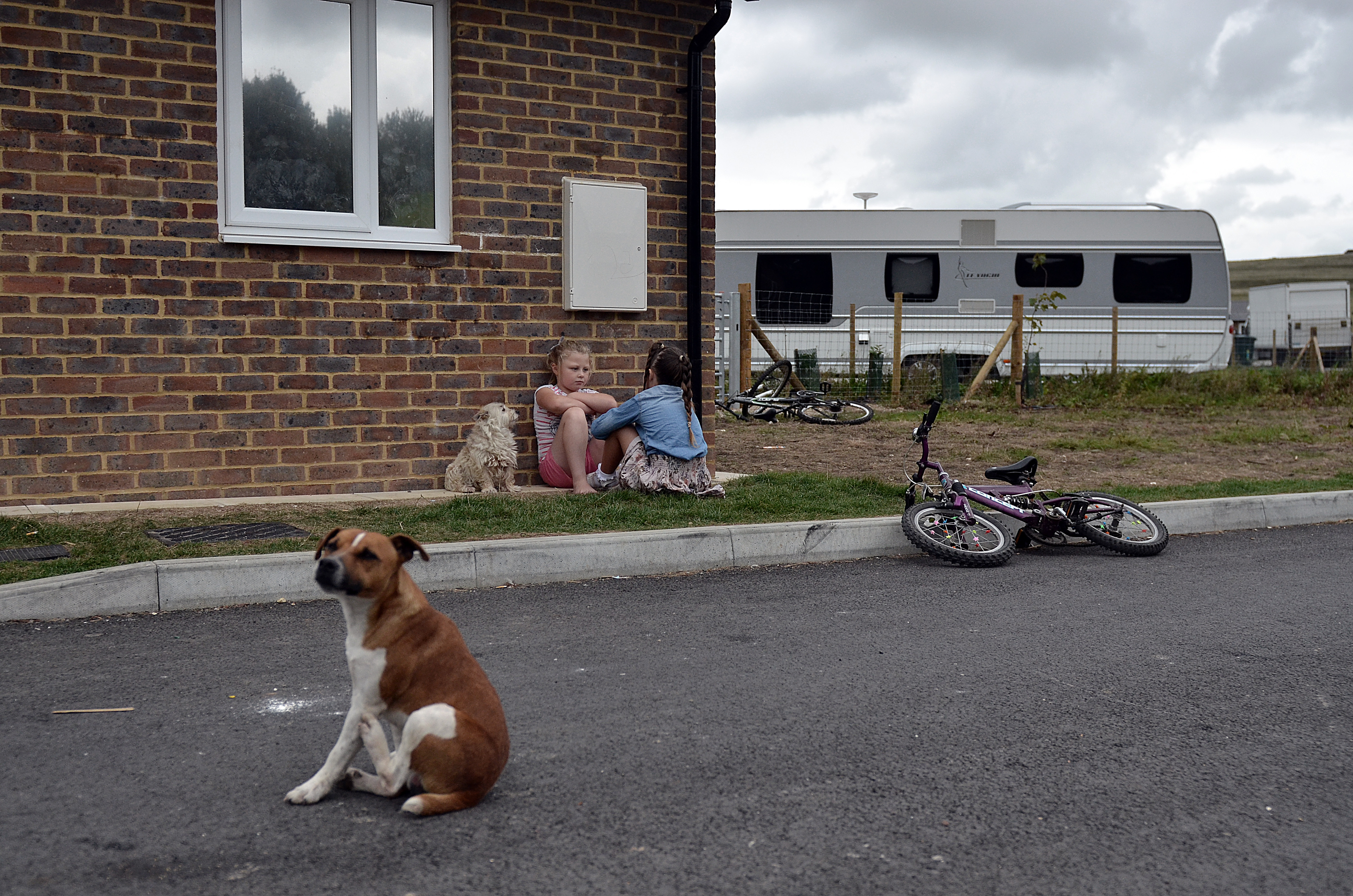Background
On 17th September 2020 the Ministry of Housing, Communities and Local Government (MHCLG) and Public Health England (PHE) released new guidance to people in England living on Traveller sites, in vehicles and on canal boats. The following guidance has been adapted from the Government page ‘COVID-19: Guidance for those living a nomadic way of life’.
What you need to know
It is critical that everybody continues to remember these behaviours:
- HANDS – wash your hands regularly and for 20 seconds
- FACE – wear a face mask in indoor settings where social distancing may be difficult, and where you will come into contact with people you do not normally meet
- SPACE – stay 2 metres apart from people you do not live with where possible, or 1 metre with extra measures in place (such as wearing face coverings or increasing ventilation indoors by opening doors and windows)
It is very important that people with symptoms that may be due to coronavirus (COVID-19) and their household members stay at home. Staying at home will help prevent the spread of the virus to family, friends, the wider community, and particularly those who are clinically extremely vulnerable.
While it can be difficult or frustrating for people living in bricks and mortar housing to follow the stay at home guidance, there may be added difficulties for people who live on Traveller sites, in vehicles and on canal boats. You should aim to do all that you can, with the space available to you.
Symptoms
The most important symptoms of COVID-19 are recent onset of any of the following:
- a new continuous cough
- a high temperature
- a loss of, or change in, your normal sense of smell or taste (anosmia)
For most people, COVID-19 will be a mild illness. However, if anyone has any of the symptoms above, they must be isolated and testing arranged.
What to do if someone develops symptoms of coronavirus (COVID-19) when living on a Traveller site, in a vehicle or on a canal boat
If you are living on a Traveller site, in a vehicle or on a canal boat and become unwell with symptoms of COVID-19, you must self-isolate for 10 days and arrange to be tested, either online or by phone by calling 119 (in England and Wales).
If you have symptoms, try and stay as far away from other members of your household as possible. It is especially important to stay away from anyone who is clinically vulnerable or clinically extremely vulnerable with whom you share a household. If you live with others, all other household members must self-isolate for 14 days. All members of your household should try and follow the stay at home guidance.
If you have taken part in the NHS Test and Trace service then your contacts, including those people you live with, will be notified by the NHS Test and Trace service. If you are contacted by the NHS Test and Trace service and told that you have been in contact with someone who has tested positive, you must immediately self-isolate for 14 days from the date of your last contact with the person who has tested positive for COVID-19.
If you have been in contact with someone who has tested positive for COVID-19, you should let your site manager or your local Traveller Liaison Team know and ask for support if you need to.
If you are living on a river or canal, you should find out what advice is being offered by the organisation who manages the waterway you live on, as this varies for each one. You should communicate by phone as if you can, to prevent spreading the virus to anyone else.
Site managers or local Traveller liaison team members should wash their hands thoroughly for 20 seconds after any contact with someone who is unwell. You do not need to self-isolate unless you develop symptoms yourself or you are advised to by NHS Test and Trace.
If you need clinical advice in England or Northern Ireland, you should visit NHS 111 online (or call 111 if you do not have internet access). If in Scotland, use NHS 24 and NHS Direct in Wales. In an emergency, call 999 if you or someone you live with is seriously ill or injured or their life is at risk. Do not visit the GP, pharmacy, urgent care centre or a hospital unless you or your child are seriously ill.
Additional support from local authorities
If you do not have access to facilities such as water, sanitation and waste disposal to help with self-isolation and social distancing, you should contact your local authority for assistance. They may be able to provide you with additional facilities or make alternative stopping places available.
The prevailing laws against unauthorised encampments or unauthorised development remain in place.
Waste should continue to be disposed of through authorised and legal means. The government has written to local authorities stating that household waste and recycling centres should be open. If you need further advice, you should contact your local authority.
If you are stopping or cruising in rural or isolated areas, please ensure you take note of your location if you moor or pull up, especially if you are feeling unwell. You can also use the what3words app if there is a medical emergency and you need services to come to you.
You can find the full government guidance here.
If you require advice or support at this time, you can phone our helpline on 01273 234 777. Please note that in line with Government advice, we have closed our office, however, if you leave a voicemail outlining what you need support with and your contact details, our advice and casework team will respond to your call.
If you are roadside and have been threatened with eviction, you can phone Community Law Partnership on their advice line on 0121 685 8677. This is open Monday to Friday 9am to 1pm.

